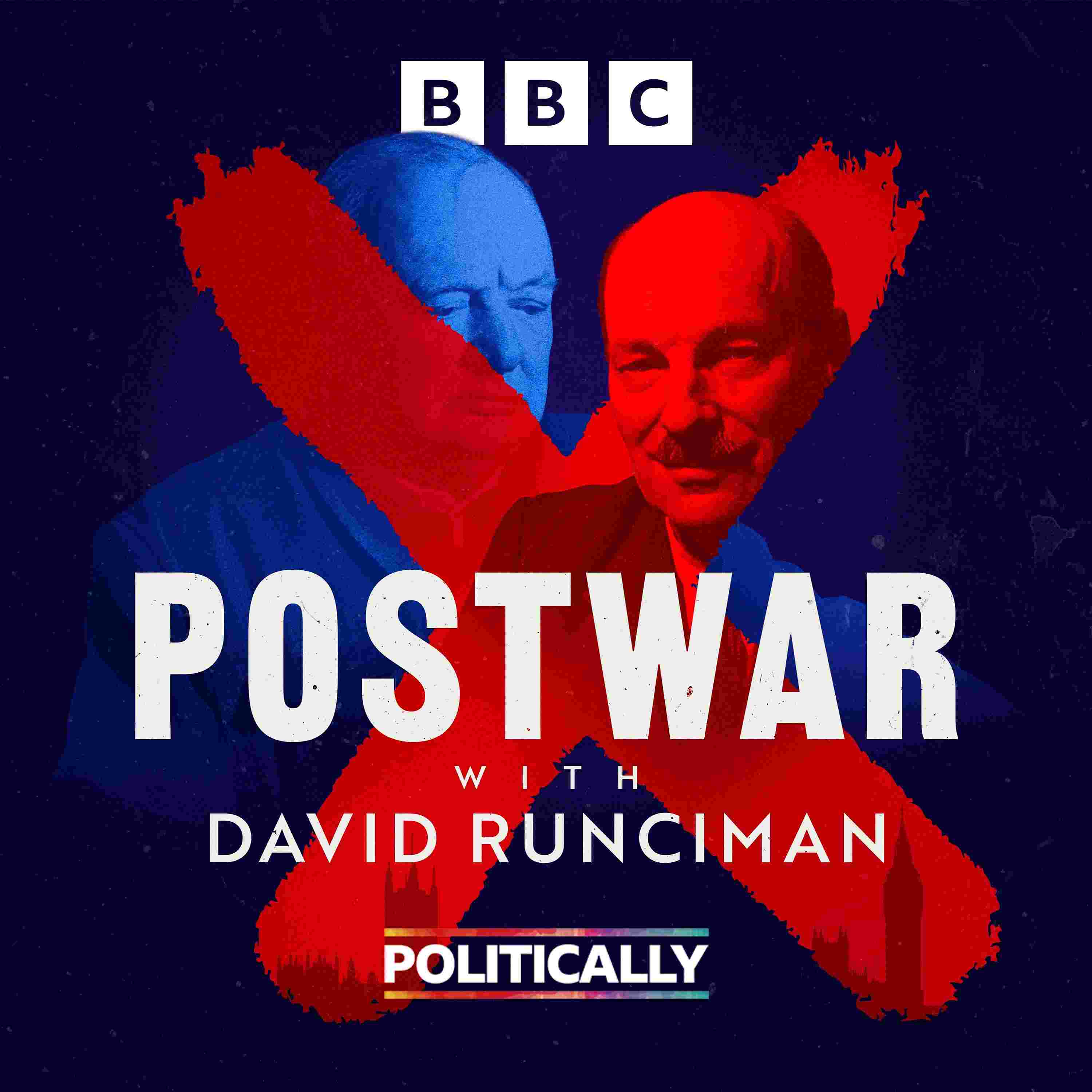
NEW in Politically: Reflections Conversations with leading political figures in which they reflect on their lives in politics.
NEW in Politically: Reflections Conversations with leading political figures in which they reflect on their lives in politics.

David Runciman tells the story of the 1945 election and the dawn of a new age.
The 1945 general election was one of the biggest shocks in British parliamentary history: a decisive rejection of Winston Churchill and his leadership. The election of Clement Attlee's Labour government in a landslide marked a break with the past and signalled a strong desire on the part of the British people for something new. But it was also a product of Britain's wartime experiences and revealed the many ways in which the country had already changed.
The years that followed -- the postwar years -- would bring about bold and radical reform, the building of a new nation, a 'New Jerusalem'. The Britain of the National Health Service and the welfare state, of nationalised industry and the so-called 'postwar consensus' -- all were ushered into place with this election. This is the Britain that most have us have grown up in and which still shapes an idea of who we think we are.
In January 1940 an organisation called CEMA – the Council for the Encouragement of Music and Art – was founded, initially with money from a charitable trust – money that was soon matched by Treasury funds, at which point, as the economist John Maynard Keynes declared in a broadcast from July 1945, "state patronage of the arts crept in."
Featuring Christopher Frayling.